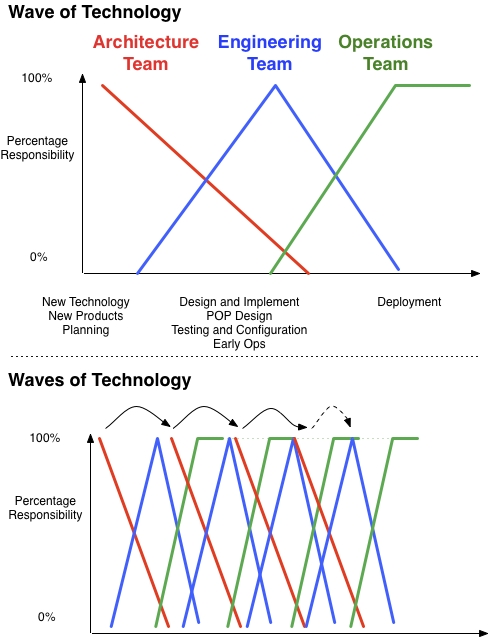In the realm of modern networking, ip transit services play a pivotal role in ensuring connectivity between different networks across the globe. These services act as the backbone of the internet, facilitating the exchange of data packets between autonomous systems. Reliable IP transit services are essential for businesses, internet service providers (ISPs), and enterprises that rely on seamless connectivity to operate efficiently.
Understanding IP Transit Services
IP transit services enable the routing of traffic between networks, allowing data to travel across the internet. Service providers known as transit providers offer these services to businesses and organizations that require access to the global internet infrastructure. By connecting to a transit provider, entities gain access to a vast network of interconnected systems, ensuring that data can reach its destination swiftly and securely.
Key Features of IP Transit Services
IP transit services typically offer several key features to ensure reliable connectivity. These include robust Service Level Agreements (SLAs) that guarantee uptime and performance metrics such as latency and packet loss. Providers often maintain multiple points of presence (PoPs) globally, enhancing redundancy and ensuring that traffic can be rerouted in case of network disruptions. Additionally, advanced security measures such as Distributed Denial of Service (DDoS) protection are crucial to safeguarding networks against cyber threats.
Benefits for Businesses and ISPs
For businesses, leveraging IP transit services means gaining access to a high-performance internet backbone without the need to build and maintain extensive networking infrastructure. ISPs benefit from scalable solutions that can accommodate growing bandwidth demands, enabling them to offer reliable internet access to their customers. Furthermore, access to multiple IP transit services providers allows businesses and ISPs to optimize costs and performance by selecting routes that offer the best performance and reliability for their specific needs.
Ensuring Security in IP Transit Services
Security remains paramount in IP transit services to protect sensitive data and maintain the integrity of communications. Transit providers employ encryption protocols and robust firewall technologies to secure data in transit. Intrusion detection and prevention systems (IDPS) are also deployed to detect and mitigate potential threats proactively. Regular security audits and compliance with industry standards further enhance the security posture of IP transit services providers.
Future Trends and Innovations
Looking ahead, the landscape of IP transit services continues to evolve with advancements in technology. The deployment of IPv6 addresses the limitations of IPv4 and supports the growing number of internet-connected devices. Software-defined networking (SDN) and network function virtualization (NFV) are revolutionizing how networks are managed and optimized, offering flexibility and agility in deploying and managing IP transit services.
Conclusion
In conclusion, IP transit services form the backbone of global internet connectivity, offering secure and reliable data transport between networks. Businesses, ISPs, and enterprises benefit from the scalability, reliability, and security features provided by reputable IP transit services providers. As technology advances, these services will continue to play a crucial role in supporting the expanding digital infrastructure worldwide.
